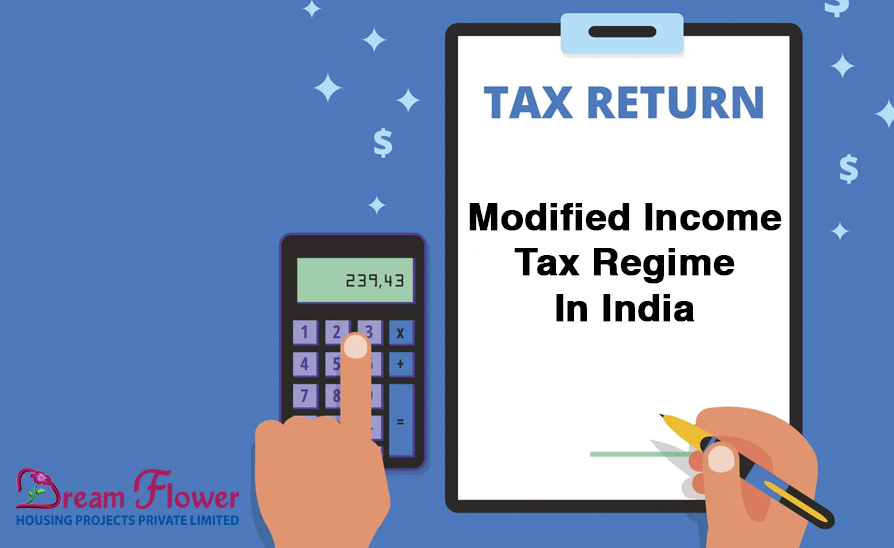Based on the slab system, income tax in India is levied on individual taxpayers with different tax rates. These rates are determined according to the slabs. With an increase in the income slab tax rates keep increasing. In the annual budget for 2020, which was announced recently, the finance minister addressed the modifications made in the new tax system. The taxpayers will now pay across six tax slabs unlike earlier when then was only three. According to experts for a government already struggling with widening fiscal deficit, cutting income tax rates would not be prudent. To hand Indians more disposable incomes, the tax rates could be eased. This would cause an impact on the already shrinking government revenues by stimulating demand.
How the government collects the taxes
Income taxes are collected by the Government through three major means. The common mode of tac collection involves a voluntary payment made by taxpayers into various designated Banks. For instance, the Self-Assessment Tax paid by the taxpayers and Advance Tax depicts this mode of tax collection. Another way in which the government gather income tax payments is by deducing taxes at source from the income of the receiver. Besides, taxes are sometimes collected at source from the citizens.
The Finance Bill that was proposed recently has put forward three major changes to prevent abuse of tax by citizens who do not pay taxes anywhere in the world. The changes or modifications include a reduction in the number of days that an Indian citizen is granted non-resident status for tax purposes. According to this strategy, citizens who do not pay taxes anywhere else will be deemed to be a resident of India. Moreover, the definition of ‘not ordinary resident’ is tightened now.
A simplified and new personal tax regime
The Finance Minister Nirmala Sitharaman announced a modified and simplified personal tax regime. The new version comes with revised income tax rates and tax slabs. According to this system, those earning Rs 5-7.5 lakh will now pay only 10 percent of their income. Meanwhile, those with earnings up to Rs 5 lakh in a year will be paying no tax. Sitharaman made it clear that for those who forego deductions and exemptions, the income tax rates will be significantly reduced. The government of India has announced changes in the tax slabs by raising income tax slabs. But those availing these new slabs will not be eligible for exemptions and rebates.
Aimed at offering some relief to taxpayers and spurring consumption demand, Finance Minister Nirmala Sitharaman proposed a new personal income tax regime. This modification is beneficial especially for taxpayers from the middle class. The people who choose to pay income tax via the new regime will not be able to claim tax exemptions. They will be able to claim rebates if they choose to file income tax as per the old tax regime. But will have to pay more taxes compared to the new regime. Taxpayers in India will be given the option to either continue using the existing tax regime or file their taxes under the new tax regime.

